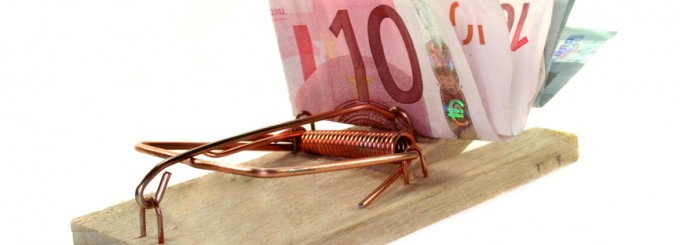3 Hidden Costs First-Time Gold Buyers Should Be Aware Of

In spite of the fact that gold prices have been fluctuating in the past several months, let’s not forget that the value of the precious metal has increased by over 400% in the past decade. Carrying intrinsic value and providing a safe haven against inflation, war, economic bans and political decision, gold represents one of the best investments at the moment.
If you’re looking to diversify your portfolio and concluded to purchase gold coins or bullion, then know that precious metal comes with certain costs. Let’s explore the additional expenditures you would pay for gold, other than the buying price.
Taxes
The US government is not exactly happy with the high number of people trying to secure their finances with gold. While some adepts of the conspiracy theories strongly believe that another Executive Order 6102 is inevitable, Uncle Sam has other more efficient methods of reaping its share from gold owners, namely taxes. Take note that the IRS taxes for precious metal investment is of 28% for long-term capital gains, as opposed to the 15% tax for equities.
Some investors claim that you can avoid the long-term capital tax by purchasing coins and jewelry. In reality, these items carry high transaction and commissions costs. Therefore, you simply can’t go around gold ownership taxes. Regardless of whether you purchase gold to expand your portfolio or want to buy an engagement ring, the substantial markups are part of the precious metal trade.
Storage
In addition to the gold ownership taxes, you will also have to account for the costs of storing your gold. If you’re a long-term and serious investor, then you probably know that stashing your gold savings in the backyard is not feasible. Therefore, you will have to find a reputable bank to accommodate your bullion or coins in a safe deposit box. Depending on how much gold you own, the fees for the safe deposit box could easily run up to a few hundred dollars per year. The alternative to safe deposit boxes would be to keep your gold at home in a safe. However, even in this case, your savings will not be 100% safe without proper insurance.
No returns
While investing in gold to turn a profit could earn you a small fortune, remember that this precious metal’s market is volatile. As any experienced entrepreneur will tell you, income is a critical component of an investment and gold is not guaranteed to provide you with that. What this means is that investing in gold is not for everyone, and certainly not for those without trading experience. Even though the market presents fewer risks by comparison to currency, it doesn’t automatically mean that gold will provide you with a secure source of regular income.
What you should learn
There is no denying that gold is a good investment; some even view it as the only lighthouse in the raging storm that constitutes the financial world. Then again, before you give up a regular source of income to buy gold, you need to be certain that you are aware of all the costs and implications of owning this precious metal.


